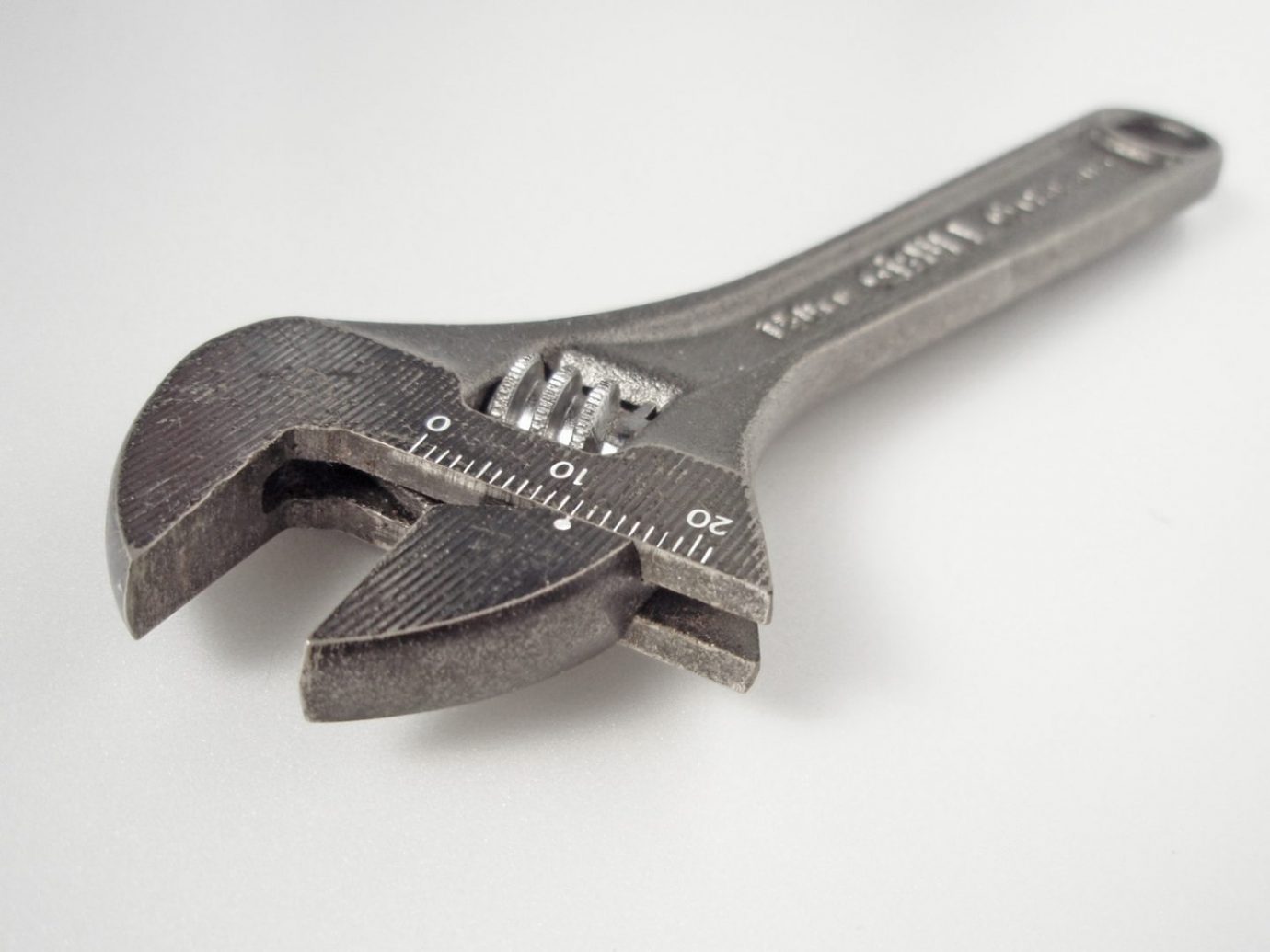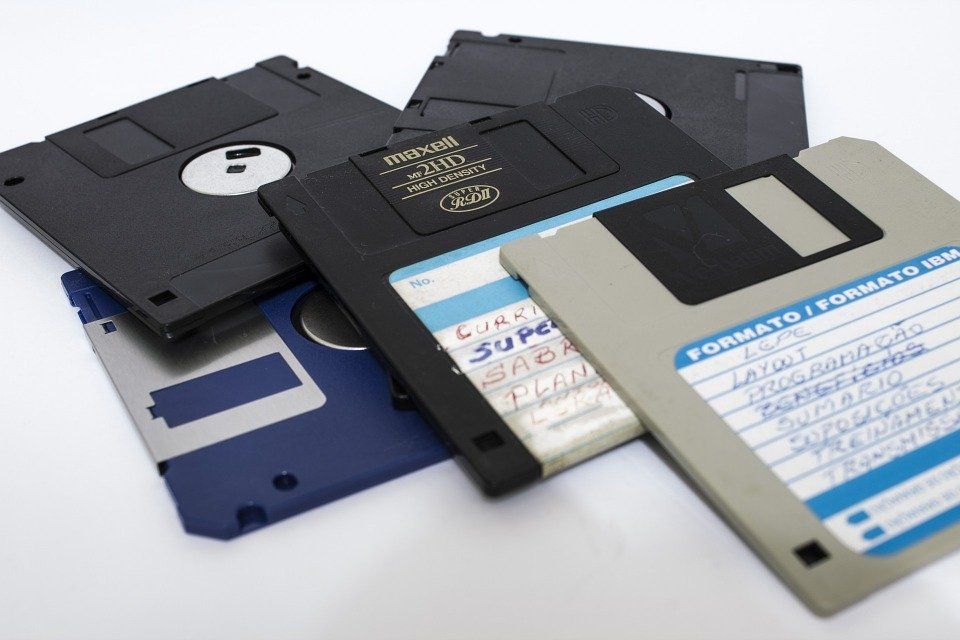business resources
How To Minimise Downtime In Your Business
8 Sept 2022, 1:10 am GMT+1
When machinery stops working – whether it be office PCs or agricultural heavy equipment – the resulting downtime can come with significant costs to your business. To keep your business running as smoothly as possible, here are some of the measures that you may want to take.
Hold regular maintenance checks
You should be regularly servicing your machines in order to find faults before they happen. If a machine is showing severe signs of lagging and just about ticking over, you may be able to get fixed before it fails, or alternatively find a replacement. When it comes to heavy machinery, it’s worth always having a service handbook and a record book to show everyone that has used it. Some modern machines now come with advanced analytics that can do all this fault finding for you automatically – don’t ignore the error messages and warning lights.
 How To Minimise Downtime In Your Business
How To Minimise Downtime In Your Business
Stay stocked up and staffed up
You never want to run out of fuel or power. There are now services out there such as New Era Fuels that can offer emergency delivery if you’re running low on gas or oil, whilst backup electric generators are worth having for power cuts and electricity shortages. You should also ensure that you’ve always got enough staff to operate machinery. It could be worth training multiple employees to use multiple machines so that if someone is absent, you can always find cover.
Improve communication within your business
Many errors can be prevented with fast communication. Clear maintenance records can help to flag up when errors occur. If your machines use analytics, you may even be able to link them all up to your computer so that you’re always being notified when something goes wrong. Make sure that all staff know who to report to in an emergency and that these people are available. If a manager is out of the office, make sure that someone else in the office is trained in what to do in an emergency.
 How To Minimise Downtime In Your Business
How To Minimise Downtime In Your Business
Backup digital data
Hacking has become the latest threat to businesses worldwide. Cyber-criminals may infect a device with ransomware, threatening to delete all your data if you don’t pay up a large fee. You can avoid having to pay this ransom by having all your files and digital data backed up, making their threats futile. You can back-up data physically with printed copies, use external hard drives and memory sticks or back up on the cloud (the simplest option). If you’re backing up data on the cloud, make sure to use disaster recovery software such as GoodSync that will block hackers from accessing the cloud when on your computer.
Insure yourself against disasters
Insuring your property against fire and theft can allow you to pay for new equipment that may have been stolen so that you can continue with your services as soon as possible. Some companies may even want to take out cyber insurance that could pay for reparations in the event of a cyber-attack. Sites such as Compare the Market are ideal for comparing commercial insurance rates.
Share this
Contributor
Staff
The team of expert contributors at Businessabc brings together a diverse range of insights and knowledge from various industries, including 4IR technologies like Artificial Intelligence, Digital Twin, Spatial Computing, Smart Cities, and from various aspects of businesses like policy, governance, cybersecurity, and innovation. Committed to delivering high-quality content, our contributors provide in-depth analysis, thought leadership, and the latest trends to keep our readers informed and ahead of the curve. Whether it's business strategy, technology, or market trends, the Businessabc Contributor team is dedicated to offering valuable perspectives that empower professionals and entrepreneurs alike.
previous
Barrier to trade and security if data transfers are hindered after brexit
next
The Ultimate Guide to Protecting Your Business